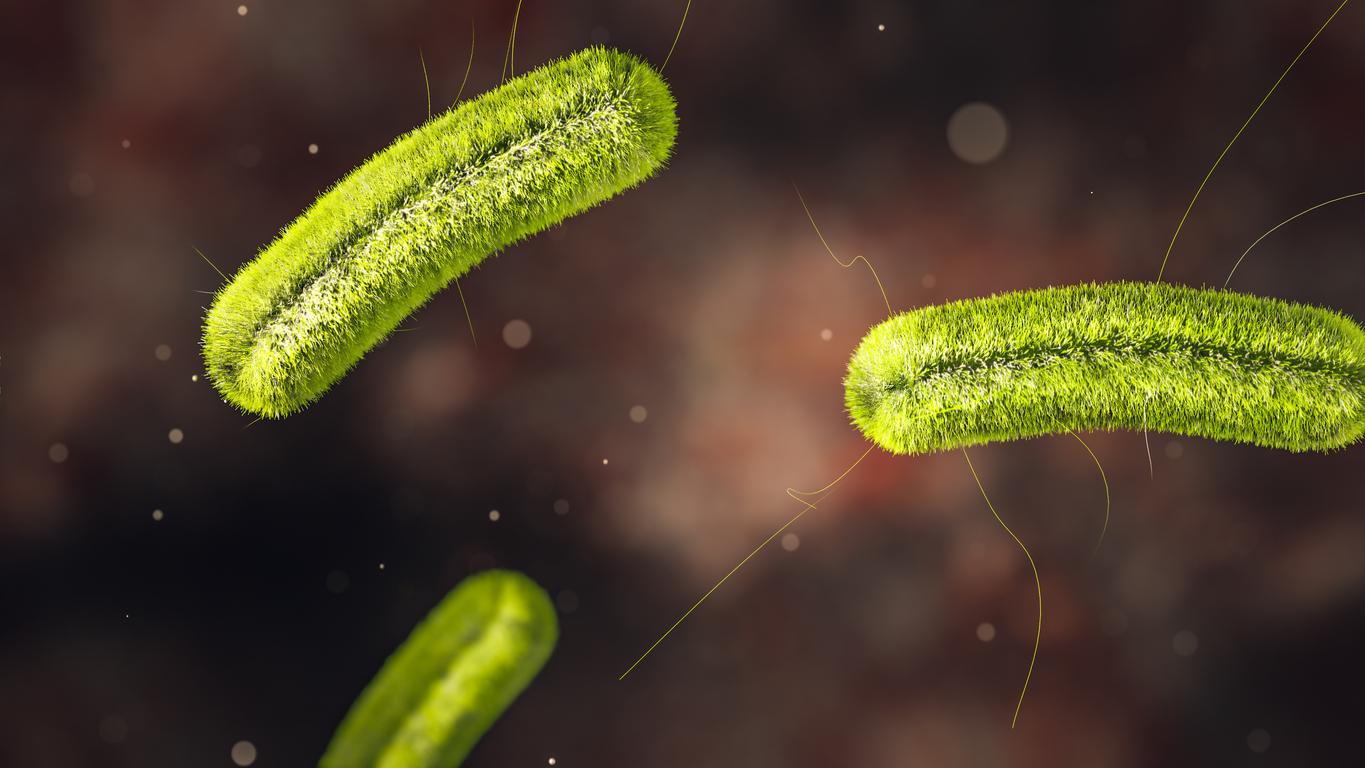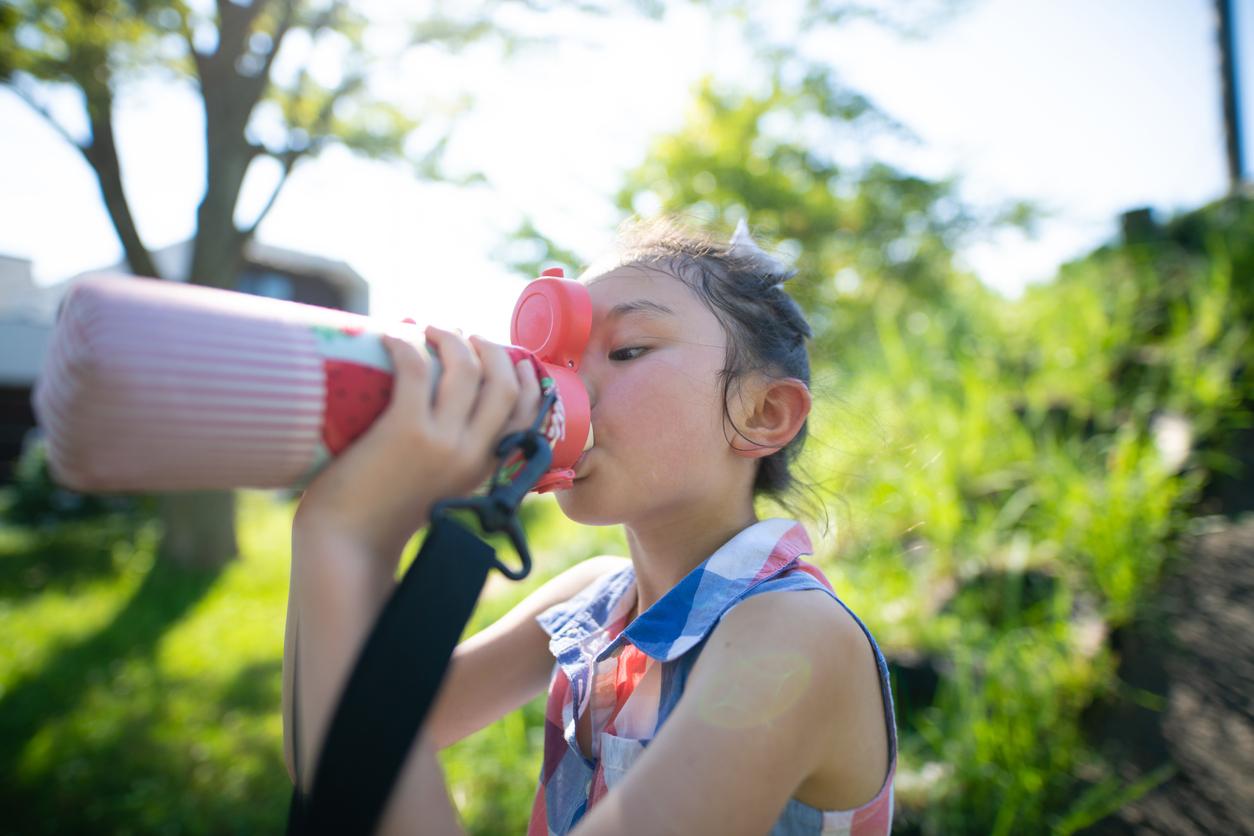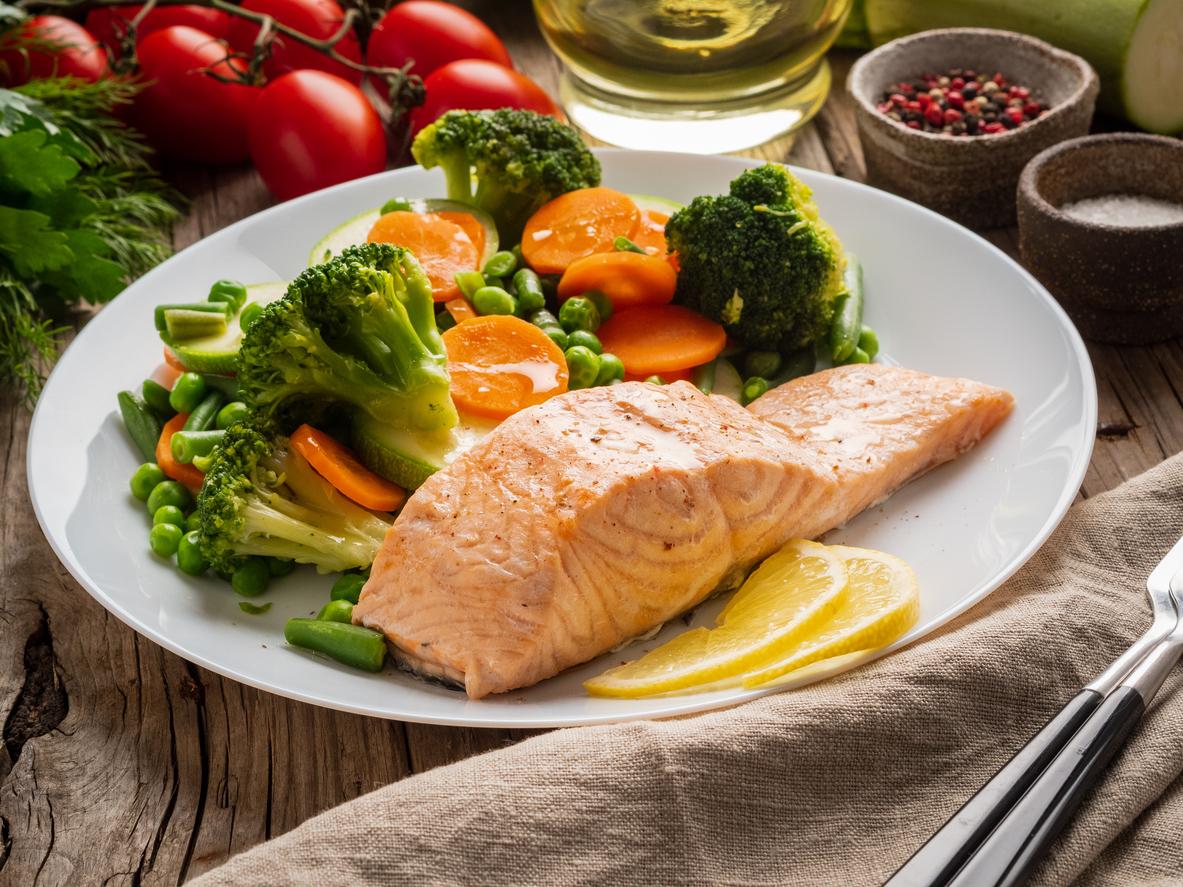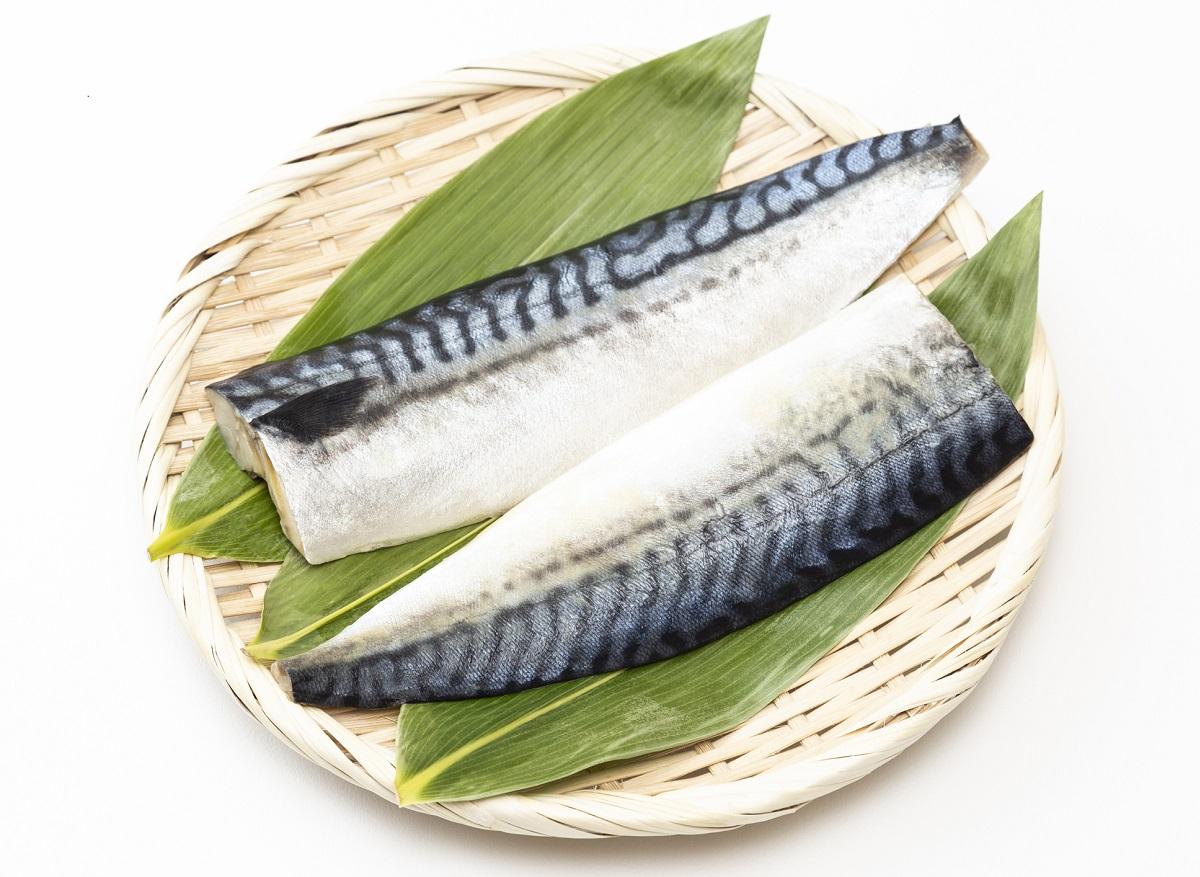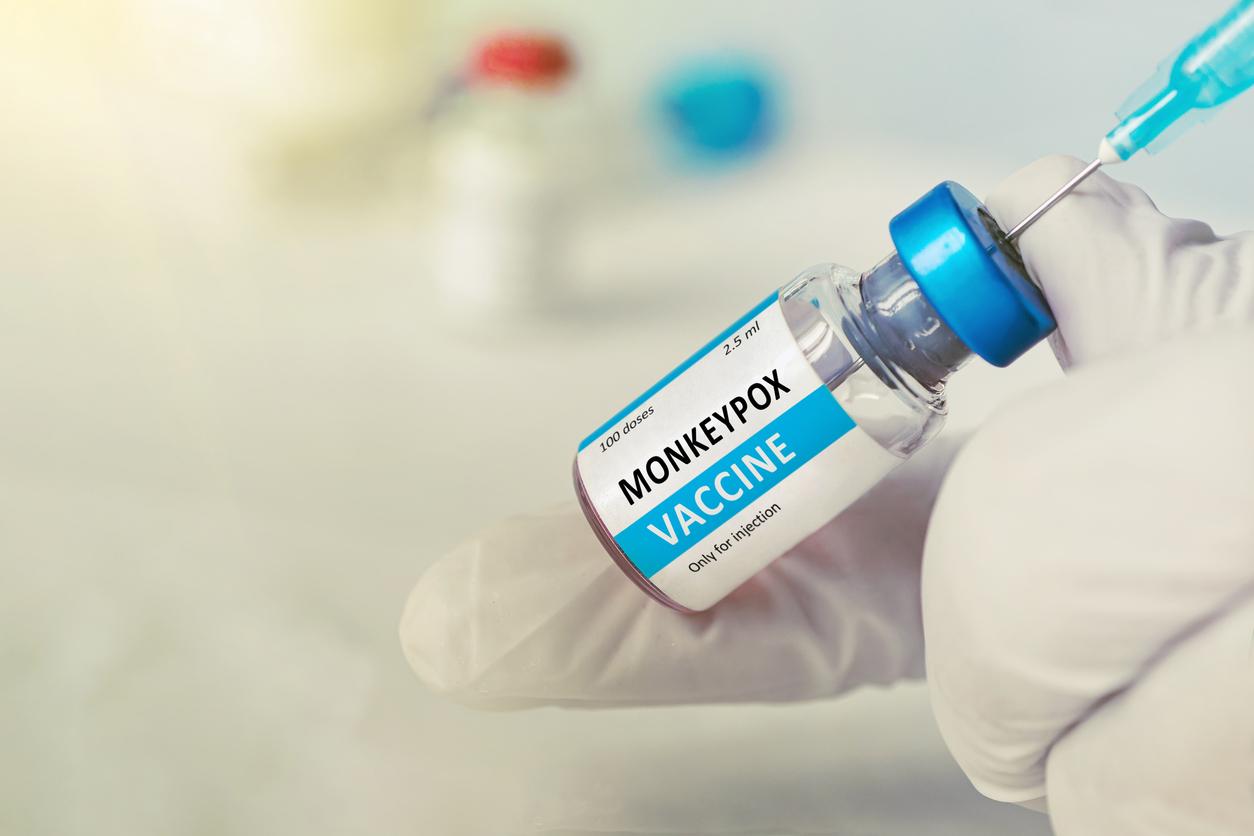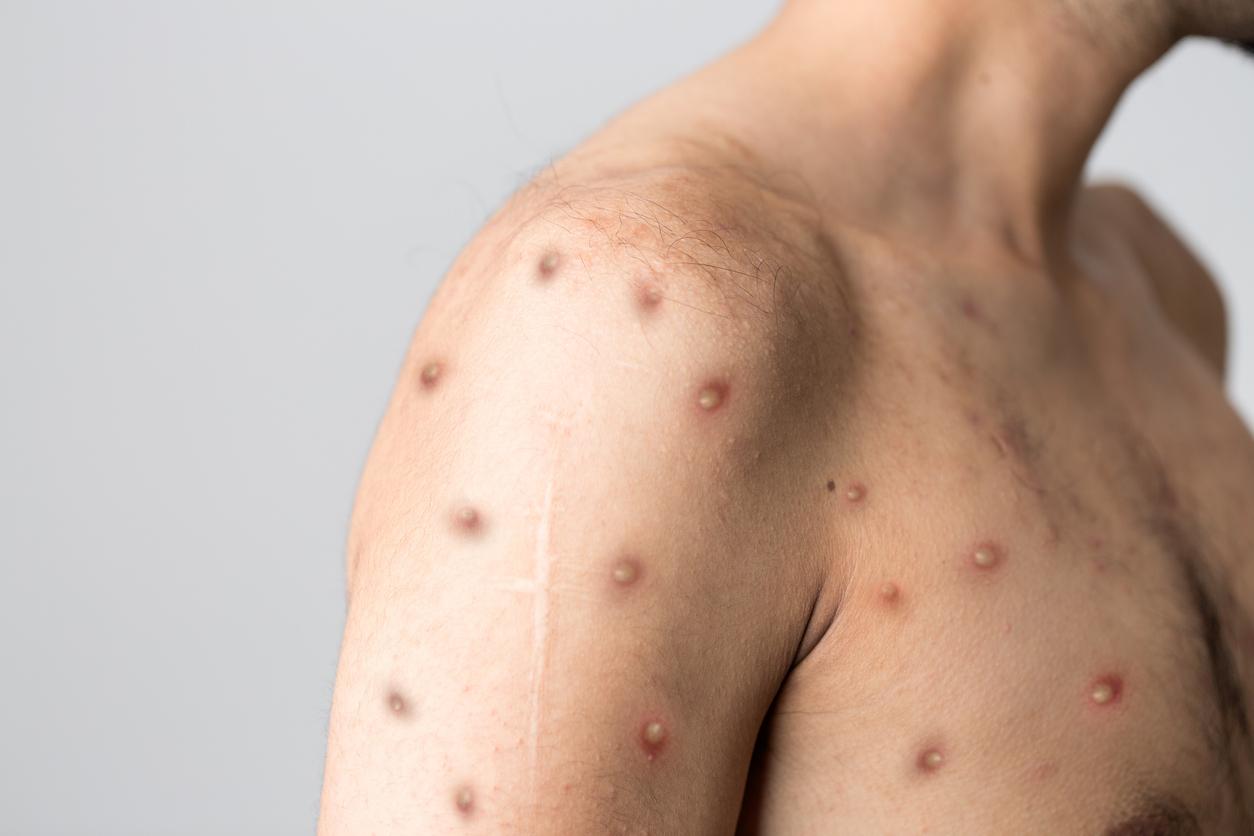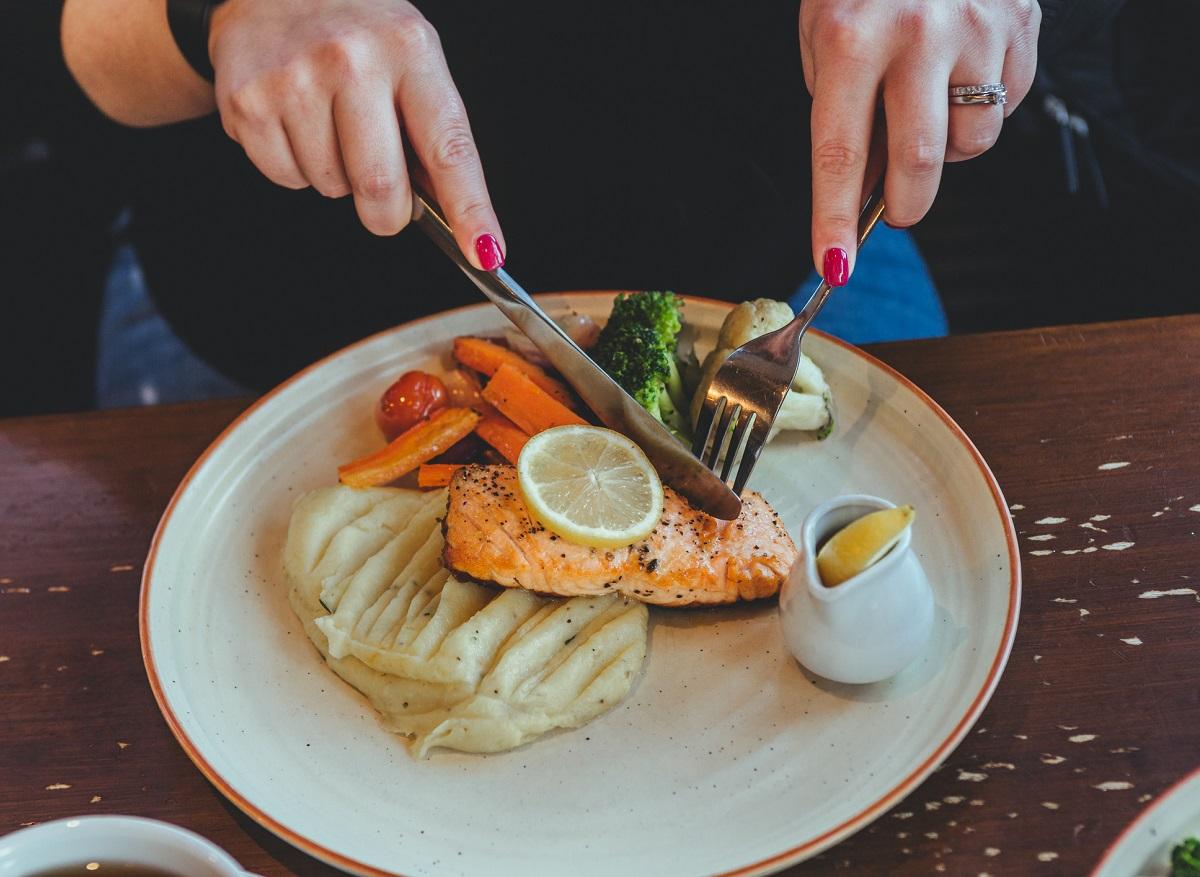After the cheeses, it is now a batch of fish that is subject to a recall. These foods sold by Carrefour and Leclerc could contain Listeria monocytogenes, a bacterium responsible for listeriosis. But how can this infection be prevented? Explanations.

- Listeriosis is a pathology with an incubation period of up to eight weeks. To treat it, antibiotics are prescribed to patients.
- Recently, Kinder chocolates from the Ferrero brand were also withdrawn from sale due to suspicions of salmonella.
- Buitoni’s pizzas were also recalled because they were the cause of several cases of E-coli infections.
On April 13, the government website Rappel Conso announced the recall of 200 g punnets of smoked haddock fillets from the Bourgain et Fils brand. This product is marketed at Carrefour and Leclerc in the self-service fish counter. These batches of fish are being recalled throughout France because they are suspected of being contaminated with Listeria monocytogenes, the bacterium that causes listeriosis. French people who have this food are asked to no longer consume it, to bring it back to the point of sale or to throw it away, because listeriosis is a pathology which can be serious.
Severe forms in the most fragile
As a reminder, listeriosis is a foodborne disease. Clearly, the bacterium Listeria monocytogenes is transmitted to humans through food. In general, this infection results in a more or less high fever, accompanied by headaches and, sometimes, digestive disorders (nausea, diarrhea, vomiting). If these symptoms occur in people who have consumed the recalled smoked haddock fillets, they are advised to seek medical attention.
According to the ministry of health, neurological complications, such as meningitis or encephalitis, may occur and have a negative impact on the patient’s chances of survival. According to the National Food Safety Agency (Anses), listeriosis can have serious consequences in pregnant women, infants and adults with weakened immune systems, such as immunocompromised patients and the elderly. These present “a ground allowing the bacterium to develop more easily”.
How to limit the risks of contamination?
“Prevention for people at risk consists of avoiding the consumption of dairy products, cold meats in jelly, rillettes, pâtés, foie gras, raw milk cheeses, smoked fish, raw shellfish, surimi, tarama, raw sprouted seeds “can we read on the Institut Pasteur website. To avoid contracting listeriosis, food of animal origin should also be well cooked, the rind of all cheeses removed, vegetables and aromatic herbs thoroughly washed.
ANSES also advises compliance with the usual hygiene rules. Thus, it is essential to ensure that the temperature of the refrigerator is sufficiently low (4°C) and to respect the expiry dates. After handling raw foods, care should be taken to wash hands and clean kitchen utensils that have been in contact with the products.
.










